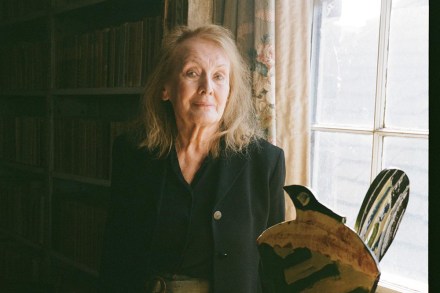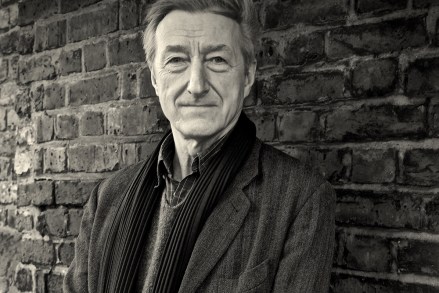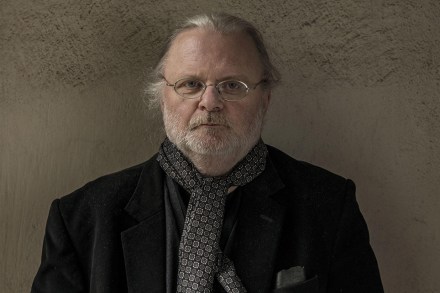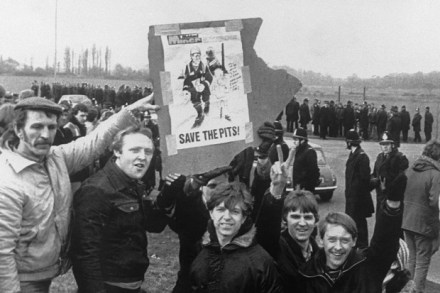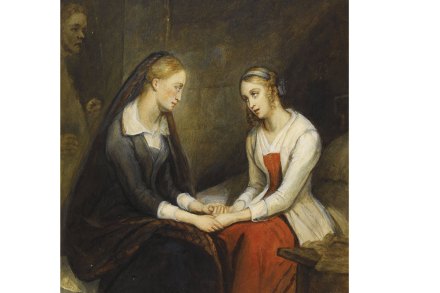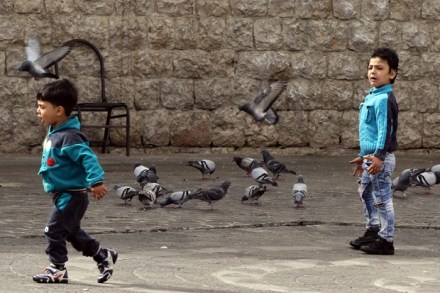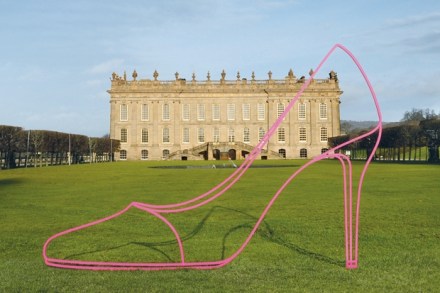Murderous impulses: The Possession, by Annie Ernaux, reviewed
‘The first thing I did after waking up was grab his cock – stiff with sleep – and hold still, as if hanging on to a branch.’ The opening of Annie Ernaux’s essay might suggest that the ‘possession’ of the title is of a husband’s penis. But after our nameless protagonist leaves ‘W’, her husband of 18 years, it is with his new woman that she becomes obsessed – possessed with a ‘primordial savagery’. She is maraboutée, or bewitched. Ernaux writes not in the heat of desire but in retrospect. The translation by Anna Moschovakis is chicly austere. Like concrete poetry, small paragraphs sit adrift on the page; the text
